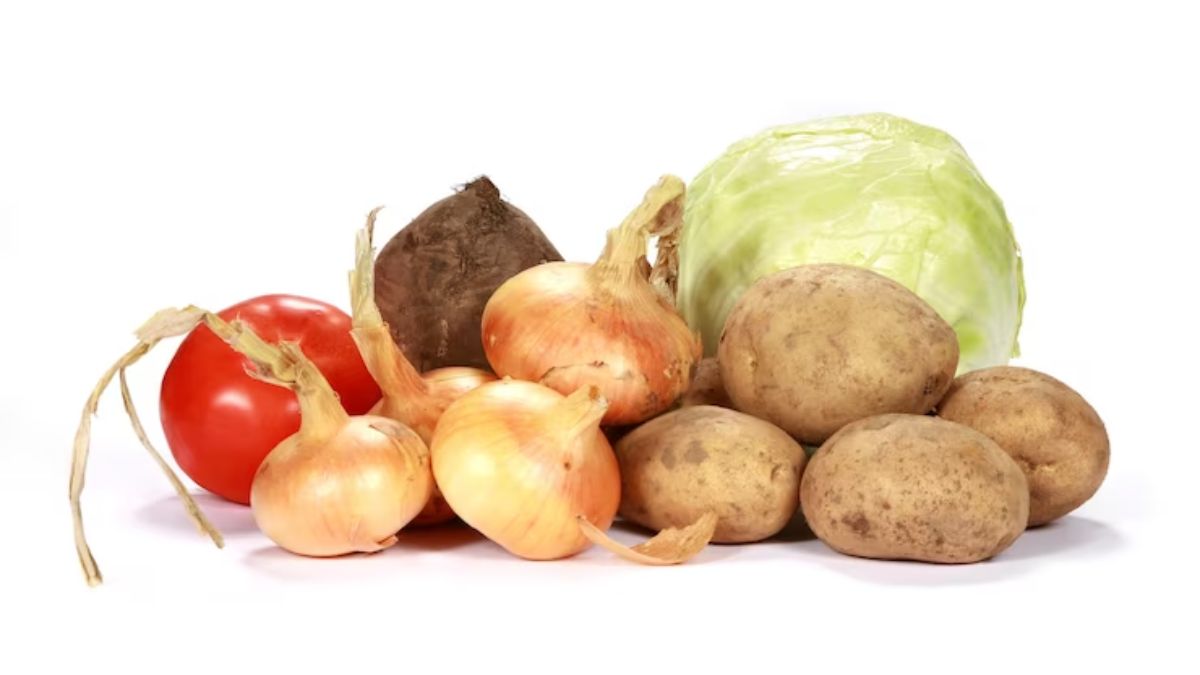Root vegetables are the edible part of the plant that grows under the soil. They are rich in important nutrients, including soil-infused vitamins and minerals. Since the ancient period, edible roots have been a staple of our nutrition. Since they were discovered to be cold-weather resistant and to have a delectable taste, they have been incorporated into the majority of cuisines. Onions, garlic, carrots, potatoes, turnips, ginger, and beets are just a few of the underground-grown root vegetables. Here are five reasons to consume healthy root vegetables:
Edible roots have high nutrient density:
Every bite of a root vegetable is brimming with vitamins, minerals, and phytonutrients. They are rich in beta-carotene, which the body can use to make vitamin A, B, folate, and vitamin C. Additionally, they contain high levels of potassium, magnesium, and other soil-based nutrients.
Root vegetables last longer:
Root vegetables retain their freshness considerably longer than other veggies, making them nature's "shelf-stable" food. They can last upto weeks if kept in the refrigerator at a cool temperature. It is both economical and healthy.
Root vegetables are heart-healthy:
When it comes to heart health, the majority of people think of kale, cucumbers, spinach, and celery. Root vegetables can also help avoid heart disease, according to the American Heart Association.
Promotes regular defecation:
Root vegetables have a lot of fibre and can help keep our bellies healthy. It provides prebiotics while feeding the gut bacteria and maintaining regular bowel movements.
Year-round nutrients:
Root vegetables are available year-round at the local grocery stores and are best consumed as fresh, in-season root vegetables. They grow best from fall to spring.

